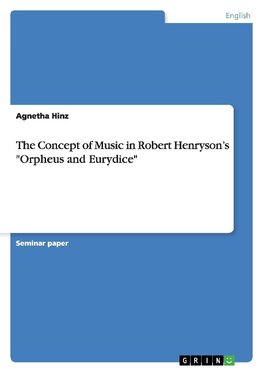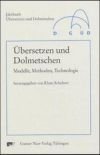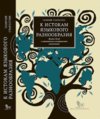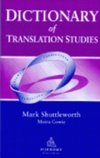
-
 Anglický jazyk
Anglický jazyk
The Concept of Music in Robert Henryson's "Orpheus and Eurydice"
Autor: Agnetha Hinz
Seminar paper from the year 2012 in the subject English Language and Literature Studies - Literature, grade: 2,3, Free University of Berlin (Institut für Englische Philologie), course: Medieval English Literatures II, language: English, abstract: "Music,... Viac o knihe
Na objednávku, dodanie 2-4 týždne
9.27 €
bežná cena: 10.30 €
O knihe
Seminar paper from the year 2012 in the subject English Language and Literature Studies - Literature, grade: 2,3, Free University of Berlin (Institut für Englische Philologie), course: Medieval English Literatures II, language: English, abstract: "Music, through the sweetness of its melody, brings pleasure and comfort to the soul." This citation by Nigel Wilkin in "Music in the Age of Chaucer" ascribes a special own form of power to music; the power to affect someone's soul. Also in the poem of Orpheus and Eurydice by the Scottish poet Robert Henryson , music plays a decisive role and implies a special power to the protagonist. The poem, which approximately was written in the late fifteenth century, leans on the Greek myth of Orpheus.
King Orpheus, who is introduced as the grandson of Memoria and Jupiter, the son of the "michty god Phebuss" and the muse Caliope, "that madin mervalouss,/ The ferd sistir, of all musik maistress", gains his bond to music through his mother's milk, quod vide "gart him souk of hir twa paupis quhyte/ The sueit lecour of all musik perfyte".
Henryson describes Orpheus as "fair and wyse,/ Gentill and gud, full of liberalitie". His "noble fame" was extensive, so that the queen of "Trace", called Eurydice, heard about him, too. They get married and live their life full of happiness, pleasure and enjoyment.
- Vydavateľstvo: GRIN Verlag
- Rok vydania: 2015
- Formát: Paperback
- Rozmer: 210 x 148 mm
- Jazyk: Anglický jazyk
- ISBN: 9783668012424




 Nemecký jazyk
Nemecký jazyk 
 Ruský jazyk
Ruský jazyk 




